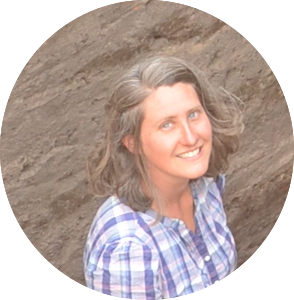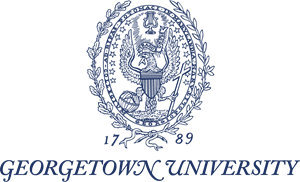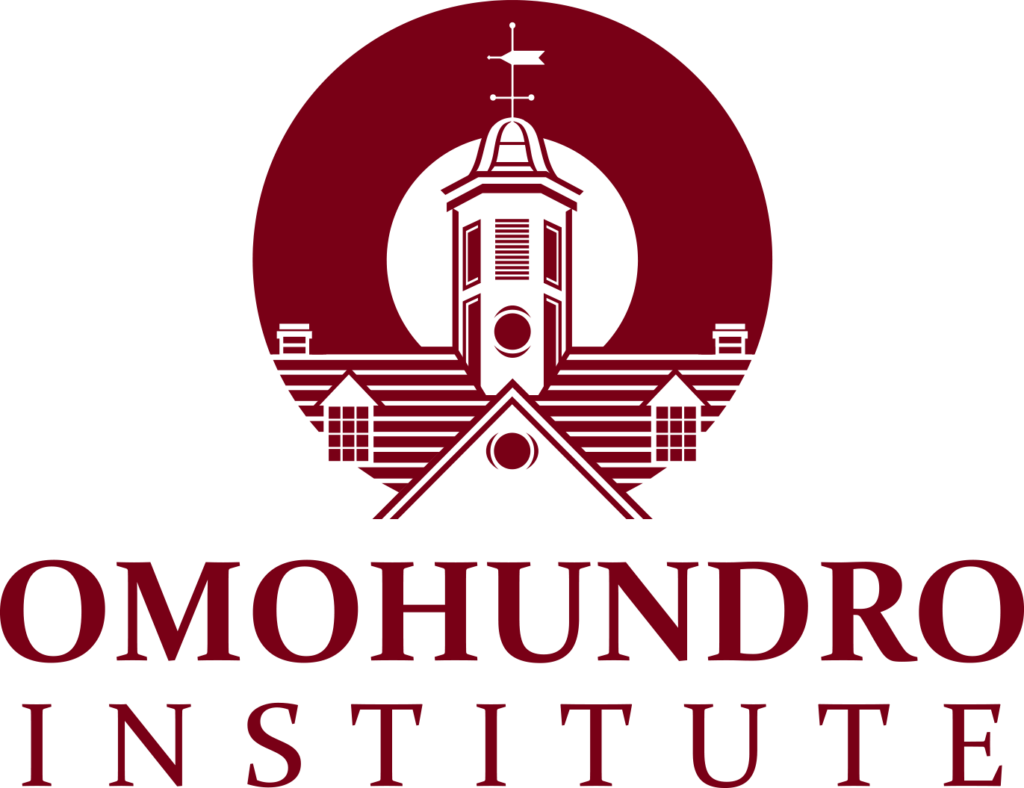The Atlantic Language Archive is a tool supporting methodological training for scholars interested in using African language material to access the history of Africans whose voices and ideas are poorly represented in traditional archives and supporting teaching with such primary sources in our classrooms.
project phases
The project has three phases. The first—and current—iteration is a basic introduction to the methods and a dataset relating to a single publication (de Luna 2021).
The second iteration of the Atlantic Language Archive will include a searchable database of African words recorded in the archives of the colonial Americas. The database will connect these individual instances of African vocabulary use in the early Americas to documentation of cognate terms in other regions of the Americas and on the continent. In this way, the project not only identifies likely ‘origins’ for African words documented in historical materials (oaths, chants, vocabularies in early ethnographic materials, etc.), it also connects them to word roots recovered through the comparative historical linguistic approach and, by extension, to cognates in related African languages of the Niger Congo phylum, which were spoken in both Africa and the wider Diaspora.
By taking this approach to the African language material in the Atlantic, scholars will be able to:
1. identify words with origins in languages that were not yet documented at the time of the trans-Atlantic slave trade by means of comparative analysis of diachronic phonology and morphology, thereby revealing the wider networks of trade and enslavement than traditional archives allow;
2. consider how multilingualism and near-apprehension of related terms sustained the convergence of ideas discussed across language boundaries in African communities of the Atlantic, thereby allowing us to study terms we know originated in specific languages but were taken up by speakers of other languages precisely because they could resonate across the boundaries of language, ethnicity, and nation;
3. access the intellectual history of Africans in the absence of its documentation in traditional historical archives;
4. connect that intellectual history to the material cultural record on both sides of the Atlantic;
5. assess relationships between the ideas of African language speakers of varying statuses (enslaved and autonomous, powerful and at risk) and genders on both sides of the Atlantic.
In this second phase of the project, methods training will expand through training workshops, student research and training support, and an expansion of the methods section of the website. At the same time, the project will host new teaching materials in support instructors using the database as a primary source.
The final phase of the project will open the database to contributions from other scholars working on African communities in the broader Atlantic world.
events
| “Language as Archive and Method” Omohundro Institute Coffeehouse Spring 2022 Table |
| Apply for a seat at the table by March 1st, 2022 |
| “Language as Archive and Method” This workshop features both traditional panels of pre-circulated papers and hands-on training in the adoption of linguists’ methods to historians’ questions. Learn more here. |
| Georgetown University, October 2023 |
meet the team
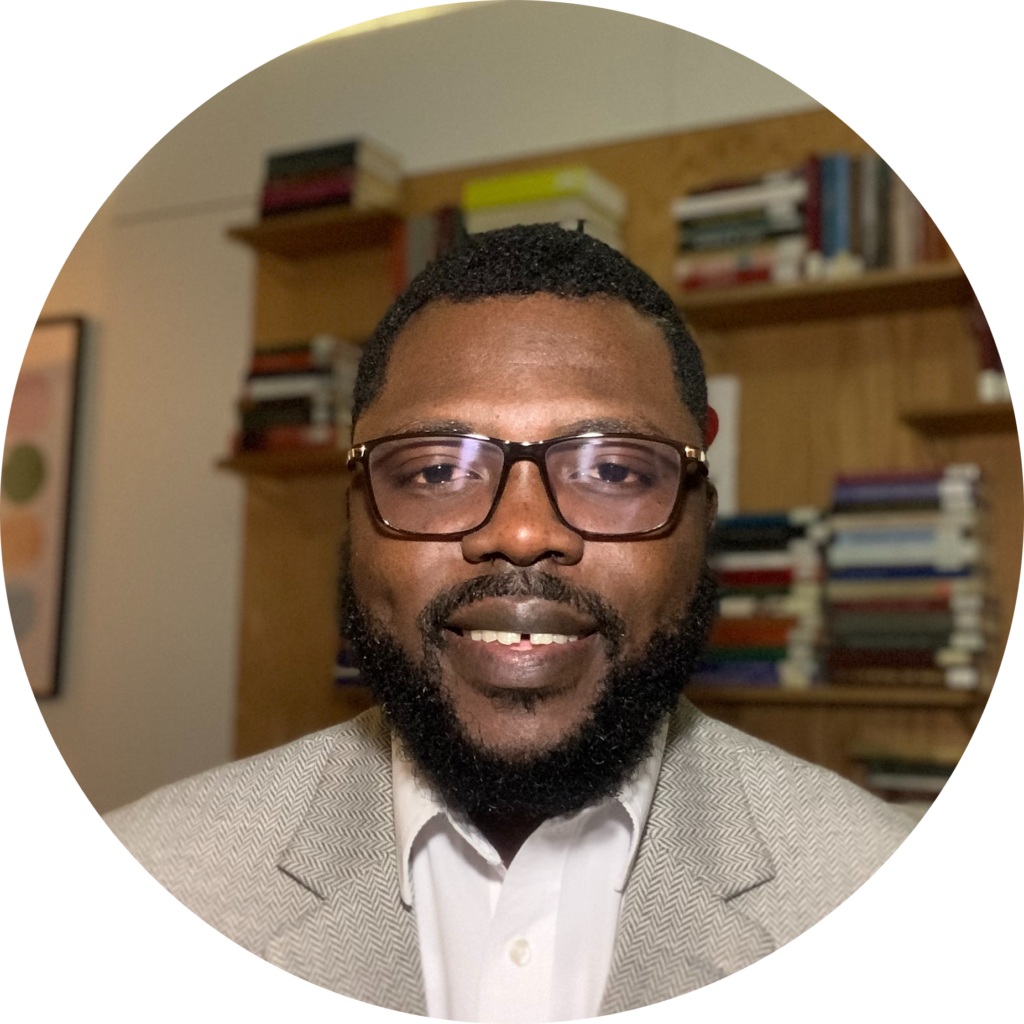
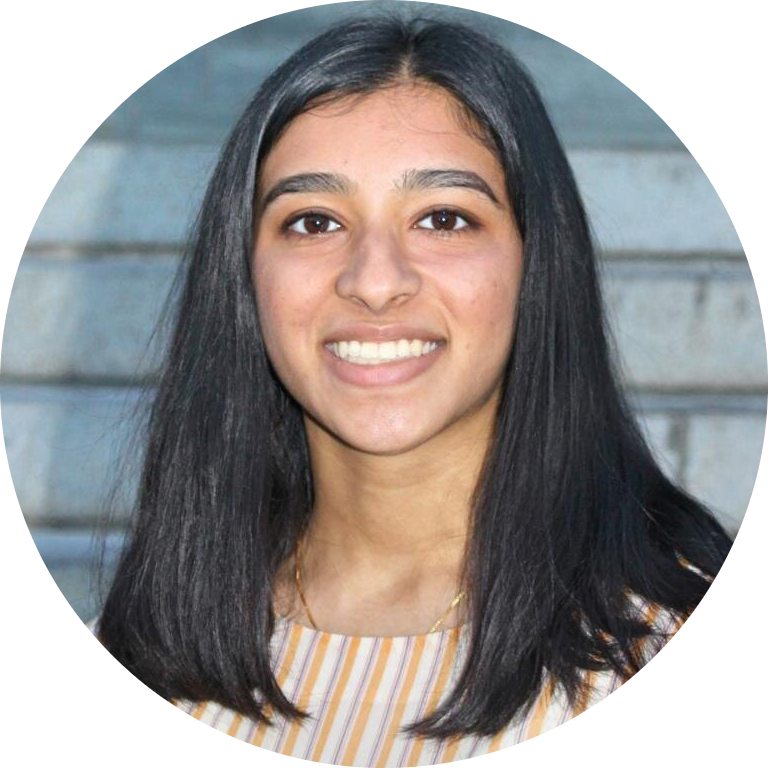
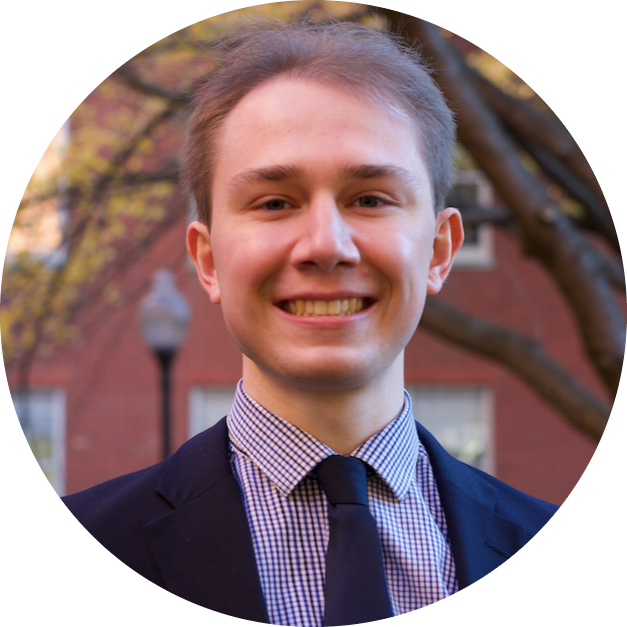
meet the advisory board
Marcos Abreu Leitao De Almeida, Department of History, Universidade Estadual de Campinas and University of Michigan
Alexander Yao Cobbinah, Department of Linguistics, Universidade de São Paulo
Sara E. Johnson, Department of Literature, University of California-San Diego
Jane Landers, Department of History, Vanderbilt University
Salikoko Mufwene, Department of Linguistics, University of Chicago
Birgit Ricquier, Centre d’Anthropologie Culturelle, Université Libre de Bruxelles
James Sweet, Department of History, University of Wisconsin-Madison
John Thornton, Department of History, Boston University
Maureen Warner-Lewis, Department of Literatures in English, University of the West Indies
acknowledgements and support
The Atlantic Language Archive acknowledges the material, logistical, and financial support of Georgetown University, the Hutchins Center for African and African American Research at Harvard University, and The Omohundro Institute of Early American History and Culture.
